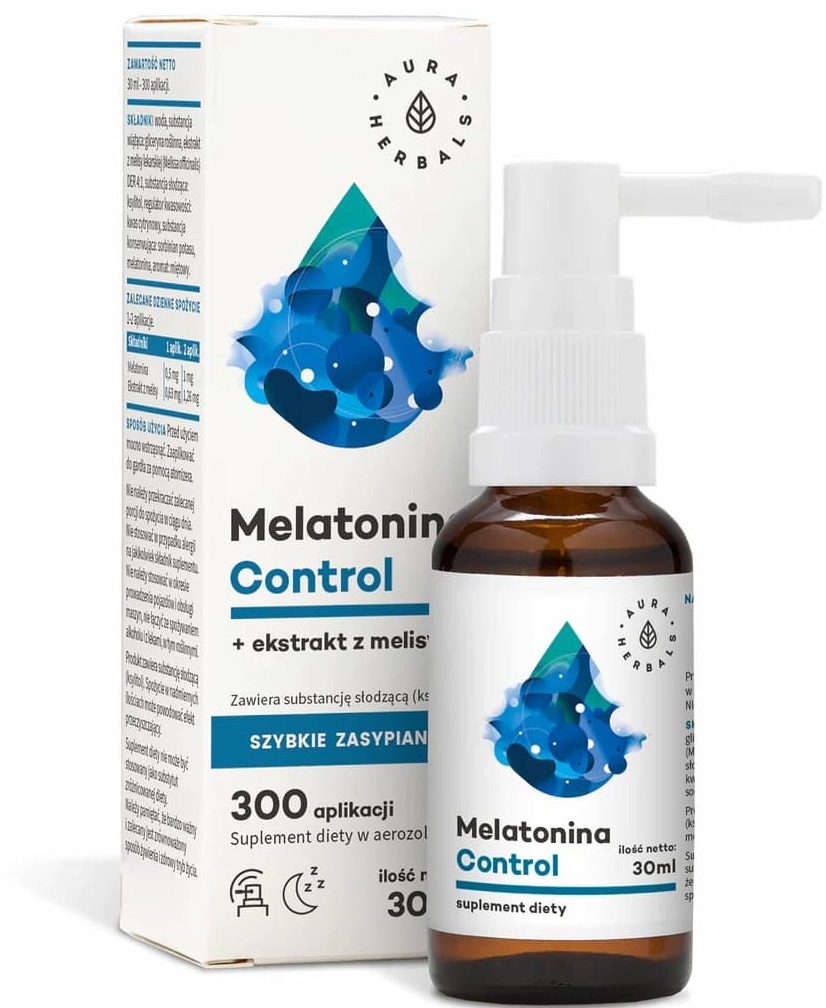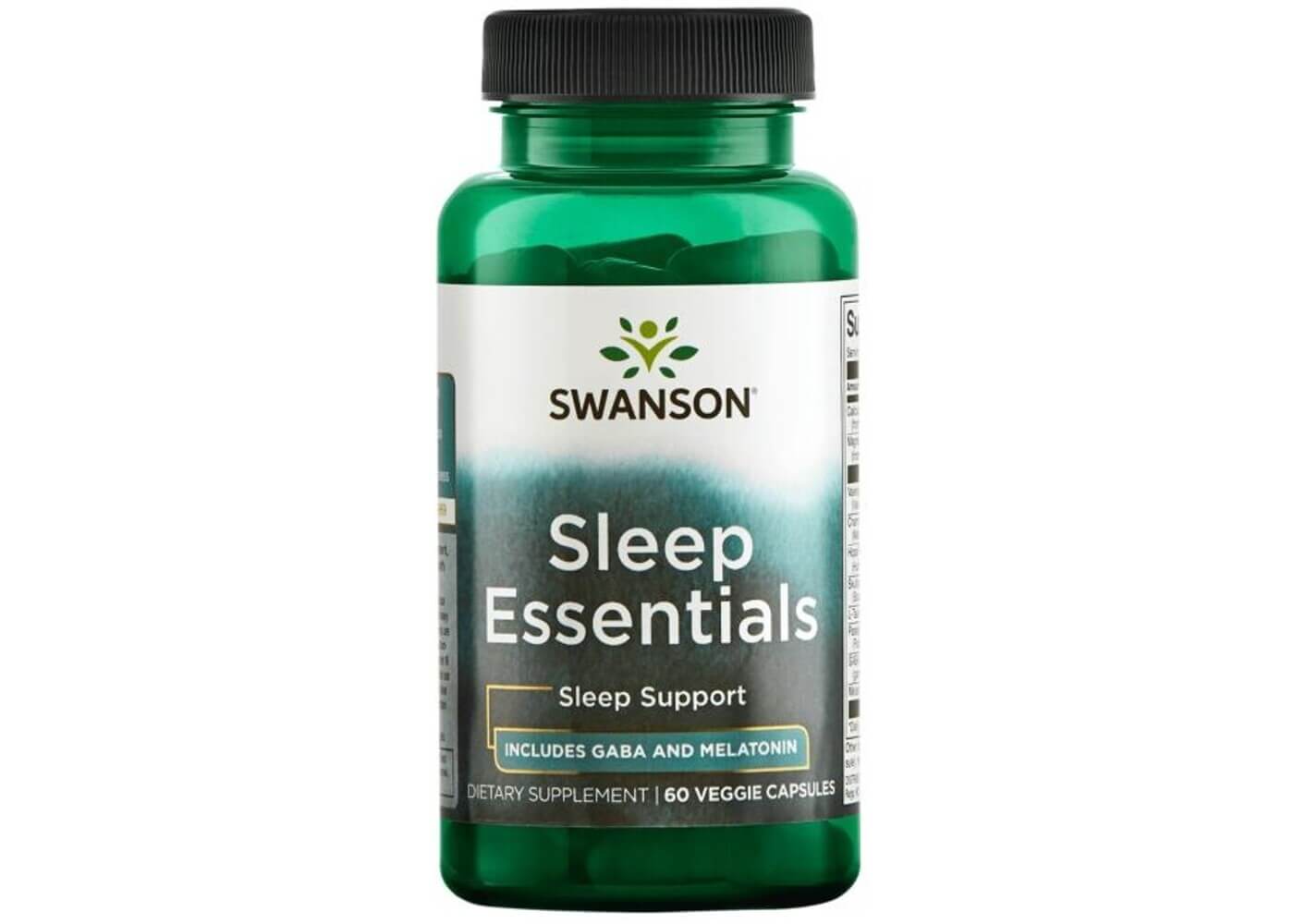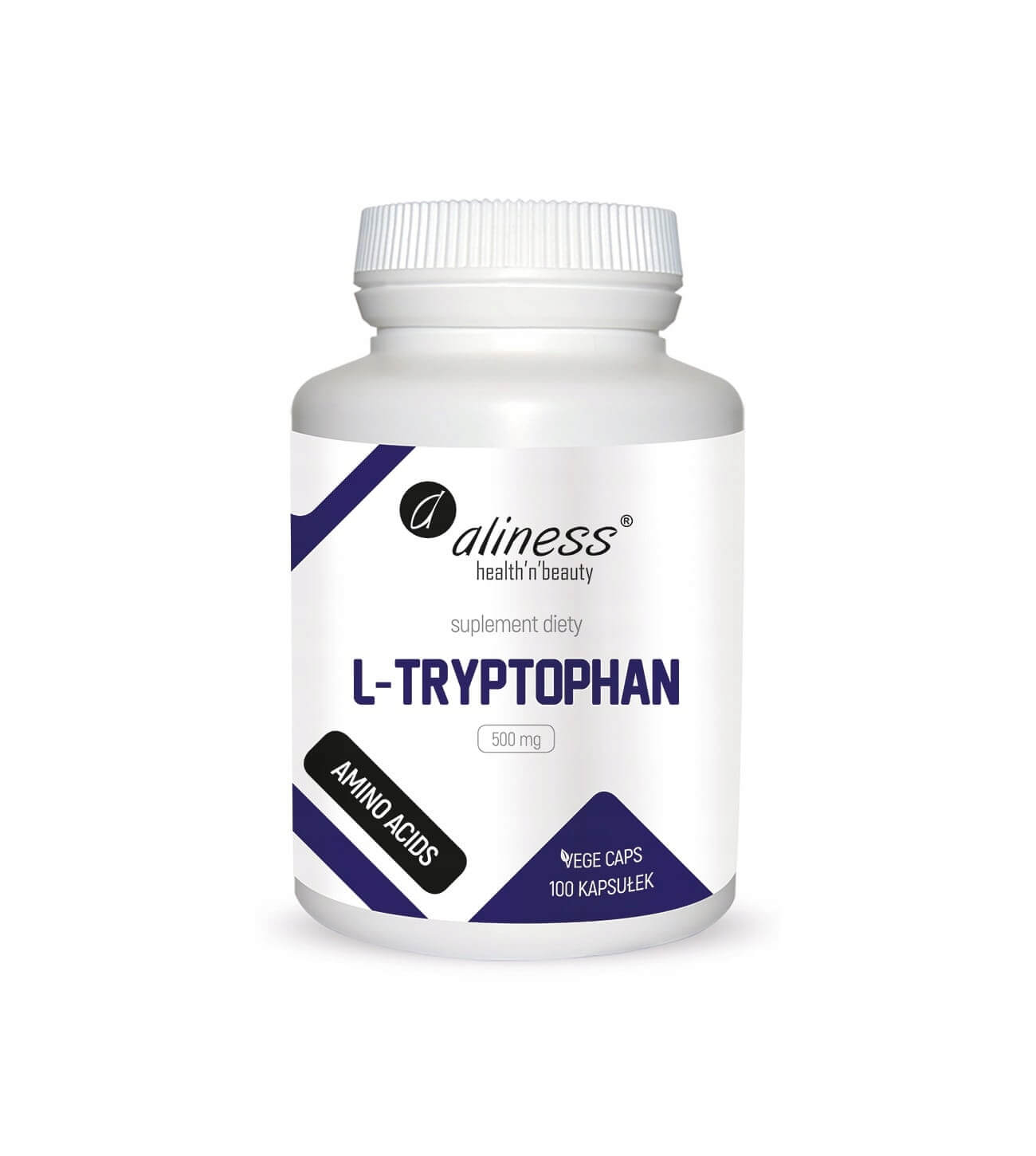Effective over-the-counter sleeping pills - the best non-dependent sleep medication (reviews and ranking)
Over-the-counter sleep tablets can help you with moderate sleep problems.


Learn more about our editorial process
.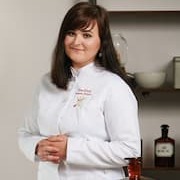

Learn more about our editorial process
.

Learn more about our editorial process
.

Learn more about our editorial process
.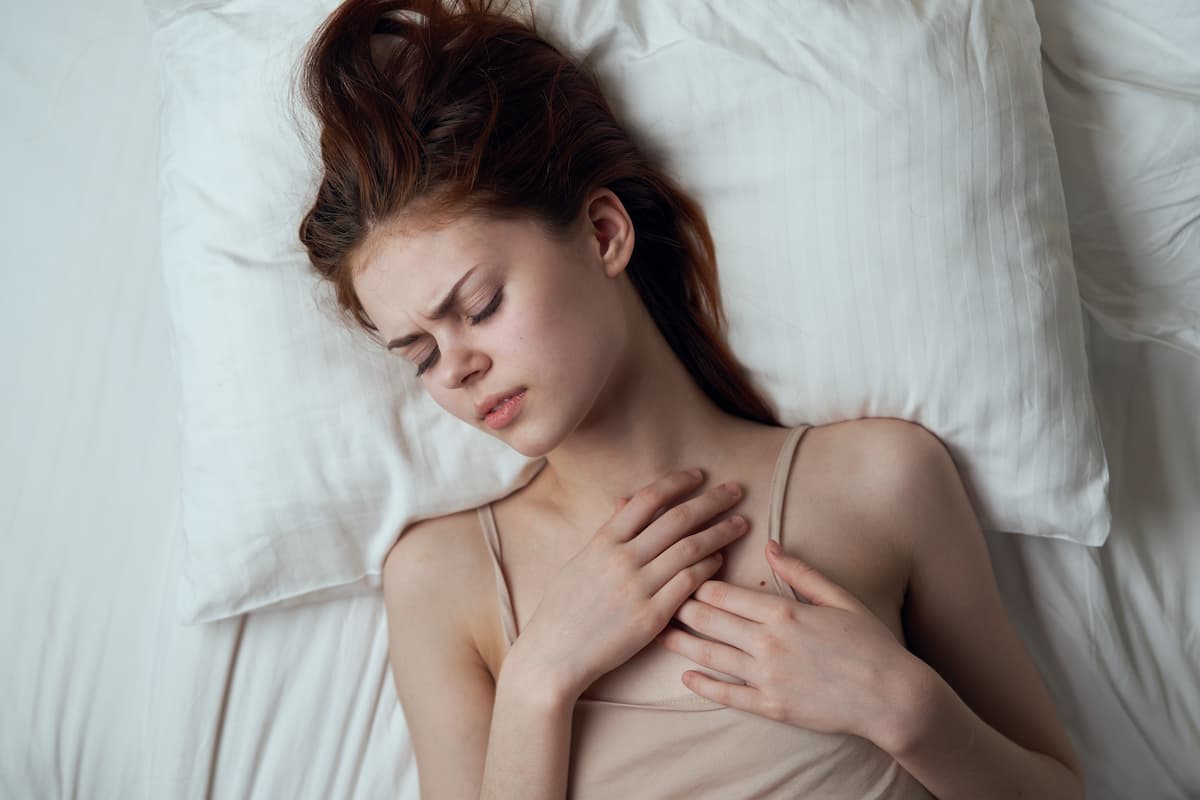
Why you can trust us
Articles on Natu.Care are written based on scientific research, data from government websites and other reliable sources. The texts are written in cooperation with doctors, nutritionists and other health and beauty experts. Articles are reviewed before publication and during significant updates.
.Learn more about our editorial process
.Information about advertisements
Content on Natu.Care may contain links to products from the sale of which we may receive a commission. When creating content, we adhere to high editorial standards and take care to be objective about the products discussed. The presence of affiliate links is not dictated by our partners, and we select the products we review ourselves completely independently.
.Learn more about our terms and Conditions
.Blue packaging with a moon, a rested woman and even... sheep. Over-the-counter sleep tablets tempt with slogans: relaxes, calms, helps you sleep. The choice is so vast that you no longer know what to choose - classic melatonin, a vegetable tincture or perhaps a supplement with adaptogens.
In this article you will find an analysis and summary of the best over-the-counter sleep aids. Find out what can help you - we suggest with Ilona Krzak, MSc, pharmacy.
From this article you will learn:
- What are the best sleeping pills
- .
- How to support the onset of sleep naturally, in addition to using tablets
- .
- When to go to the doctor with sleep problems
- .
Your mental wellbeing depends on many factors - including healthy sleep. Read how you can take care of it:
- Sleep hygiene - 8 proven rules for a good night's sleep
- How to take care of your mental health?
- Sedation pills without a prescription
- Melatonin for sleep
- Melatonin
Choice criteria: what good sleep tablets should stand out
.
In preparing this ranking, we took the following into account:
.
- quality of the active ingredients,
- .
- composition of the entire formulation,
- .
- action on sleep,
- .
All products in the formulation - when used as recommended in the leaflet - are safe and can naturally support the arrival of sleep, its length and quality.
Ilona Krzak has carefully selected and identified dietary supplements that can help you improve the quality of your sleep. Which sleep pills are worth looking out for?"
Best tablets for sleep
.
The best non-prescription sleep tablets are Natu.Care Sleep Well, 60 capsules containing 1 mg melatonin and a high-quality standardised complex of CALMOMIX® plant extracts. The composition of ingredients has a calming effect, facilitates falling asleep and improves the quality of sleep. The package is sufficient for 30 days.
Product description
A supplement to replenish melatonin deficiencies in the body with an interesting aerosol form. The combination of melatonin with gently calming melissa speeds up falling asleep and ensures a restful night's sleep.
Advised for people suffering from sleep problems, working night shifts and frequently changing time zones.
Pros and cons
A supplement to replenish melatonin deficiencies in the body with an interesting aerosol form. The combination of melatonin with gently calming melissa speeds up falling asleep and ensures a restful night's sleep.
Advised for people suffering from sleep problems, working night shifts and frequently changing time zones.
Additional information
A supplement to replenish melatonin deficiencies in the body with an interesting aerosol form. The combination of melatonin with gently calming melissa speeds up falling asleep and ensures a restful night's sleep.
Advised for people suffering from sleep problems, working night shifts and frequently changing time zones.
Sleep Essentials
Product description
The dietary supplement Sleep Essentials by Swanson is a product containing melatonin, enriched with ingredients of plant origin. Melatonin helps to shortenóthe time it takes to fall asleep. A beneficial effect occurs when 1 mg of melatonin is consumed shortly before going to bed. Chamomile supports physical and mental well-being and helps to relax and maintain healthy sleep.
Pros and cons
The dietary supplement Sleep Essentials by Swanson is a product containing melatonin, enriched with ingredients of plant origin. Melatonin helps to shortenóthe time it takes to fall asleep. A beneficial effect occurs when 1 mg of melatonin is consumed shortly before going to bed. Chamomile supports physical and mental well-being and helps to relax and maintain healthy sleep.
Additional information
The dietary supplement Sleep Essentials by Swanson is a product containing melatonin, enriched with ingredients of plant origin. Melatonin helps to shortenóthe time it takes to fall asleep. A beneficial effect occurs when 1 mg of melatonin is consumed shortly before going to bed. Chamomile supports physical and mental well-being and helps to relax and maintain healthy sleep.
Expert opinion
L-Tryptophan
Product description
Tryptophan is involved in the production of serotonin, the so-called happiness hormone. It is therefore responsible for a good moodóy and the proper functioning of internal organsóy. It can be used as an aid in the treatment of anxietyós and depressive conditions.
It is also a substrate in the production of melatonin, coordinating the work of the master biological clock - it regulates diurnal rhythms, including sleep and wakefulness, is responsible for maintaining the quality of sleep and allows regeneration.
Pros and cons
Tryptophan is involved in the production of serotonin, the so-called happiness hormone. It is therefore responsible for a good moodóy and the proper functioning of internal organsóy. It can be used as an aid in the treatment of anxietyós and depressive conditions.
It is also a substrate in the production of melatonin, coordinating the work of the master biological clock - it regulates diurnal rhythms, including sleep and wakefulness, is responsible for maintaining the quality of sleep and allows regeneration.
Additional information
Tryptophan is involved in the production of serotonin, the so-called happiness hormone. It is therefore responsible for a good moodóy and the proper functioning of internal organsóy. It can be used as an aid in the treatment of anxietyós and depressive conditions.
It is also a substrate in the production of melatonin, coordinating the work of the master biological clock - it regulates diurnal rhythms, including sleep and wakefulness, is responsible for maintaining the quality of sleep and allows regeneration.
Expert opinion
Dr Jacob's Melatonin + B12
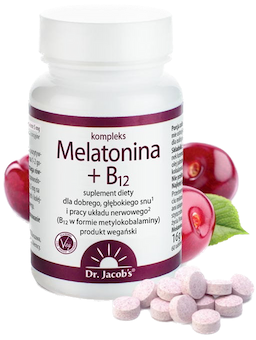
- Active ingredients: melatonin, vitamin B12
- Form: sucking pastilles .
- Dosage: 1 lozenge per day .
- Sufficient for: 60 days .
Product description
Sweet pleasures in the evening are rather forbidden. Well, unless it's cherry lozenges with melatonin and vitamin B12, whichóre going to improve the quality of your sleep.
One tablet in the evening will shorten your sleep time and stop you waking up.
One tablet in the evening will shortenóyour time to fall asleep and stop you waking up during the night. The addition of vitamin B12 will improve the functioning of the nervous system, making you even better rested.
The following tablets will help to improve the quality of your sleep.
Pros and cons
Sweet pleasures in the evening are rather forbidden. Well, unless it's cherry lozenges with melatonin and vitamin B12, whichóre going to improve the quality of your sleep.
One tablet in the evening will shorten your sleep time and stop you waking up.
One tablet in the evening will shortenóyour time to fall asleep and stop you waking up during the night. The addition of vitamin B12 will improve the functioning of the nervous system, making you even better rested.
The following tablets will help to improve the quality of your sleep.
Additional information
Sweet pleasures in the evening are rather forbidden. Well, unless it's cherry lozenges with melatonin and vitamin B12, whichóre going to improve the quality of your sleep.
One tablet in the evening will shorten your sleep time and stop you waking up.
One tablet in the evening will shortenóyour time to fall asleep and stop you waking up during the night. The addition of vitamin B12 will improve the functioning of the nervous system, making you even better rested.
The following tablets will help to improve the quality of your sleep.
User review
Sweet pleasures in the evening are rather forbidden. Well, unless it's cherry lozenges with melatonin and vitamin B12, whichóre going to improve the quality of your sleep.
One tablet in the evening will shorten your sleep time and stop you waking up.
One tablet in the evening will shortenóyour time to fall asleep and stop you waking up during the night. The addition of vitamin B12 will improve the functioning of the nervous system, making you even better rested.
The following tablets will help to improve the quality of your sleep.
You may be interested in:
Prescription-free sleeping pills ranking
.
The best non-prescription sleep medications are:
.
- Noctis Night, tablets, 7 tablets
- .
- Dorminox, 12.5 mg, 7 tablets
- .
- Melatonin Polfarmex 5 mg, 30 tablets
- .
- Valused night plus, 30 tablets
- .
- Nervomix forte, 60 capsules
- .
- Melissed 490 mg/5 ml
- .
Please note that these are not the typical sleep medications used in psychiatry, for example. Sleeping medicines in this list are a simplified name for medicines that support falling asleep, but do not themselves make you fall asleep. Think of them as a support, not a treatment for sleep problems.
Prescription sleep medications include substances such as zopiclone, zolpidem, mianserin or trazodone. They help you fall asleep, extend the duration of sleep, improve the quality of sleep and how you feel when you wake up. Unfortunately, these are strong sleep pills and with prolonged use, they can stop working and lead to worsening sleep disorders and addiction.
This is why it is most important to work with your doctor to diagnose the cause of your sleep problems, treat it and learn the principles of sleep hygiene.
Sleep problems - expert advice
.
Prolonged sleep problems affect your mood first thing in the morning, when you can't gather your thoughts after yet another sleepless night. Supporting yourself with dietary supplements and over-the-counter medications is a good solution at the onset of symptoms.
Sleep disorder symptoms
.
Psychologist Jagoda Turowska points out what the possible symptoms associated with sleep disorders are.
What should cause us concern:
- insufficient length or unsatisfactory quality of sleep,
- .
- difficulty falling asleep,
- .
- premature waking,
- .
- frequent awakening during the night,
- .
- long periods without sleep,
- .
- feeling tired after a night's rest,
- .
Insomnia is diagnosed when sleep problems occur a minimum of three times a week for about a month. We distinguish between insomnia:
- convenient (lasts up to a few days),
- .
- short-term (lasts up to three weeks),
- .
- prolonged (sleep difficulties last for more than a month),
- .
The intensity and type of symptoms may depend on the severity of the sleep deprivation, as well as whether the sleep deprivation is acute or chronic. Importantly, caffeine or other substances that affect sleep can mask the symptoms of sleep deprivation, making them easy to miss..
 .
.
Jagoda TurowskaPsychologist and social skills trainer
.
When to see a doctor?
.
How long can we support ourselves on our own with herbs, supplements and OTC medicines, and when do we need to consult a doctor?
.
If you have been having sleep problems for a long time (more than a month) and over-the-counter products are not helping - see your GP or a sleep specialist. Your body may be manifesting a serious illness in this way, but also fatigue or a vitamin deficiency. The sooner you diagnose the problem, the more efficiently you can restore healthy sleep and balance..
 .
.
Witold Tomaszewskidoctor of medical sciences
..
Sometimes a visit to the GP, blood tests and observing sleep hygiene (you will read about these below) are enough. However, if sleep disorders are accompanied by other symptoms such as lowered mood, sadness, impotence, negative thoughts, lack of strength - go to a psychiatrist, adds Dr Witold Tomaszewski, M.D.
The number 116 123 is a 24-hour Crisis Helpline for people in distress.
You may be interested in:
.
- Blood tests
- Cortisol testing
- .
- Thyroid tests
- Melatonin for sleep
- How to take care of mental health
- .
How to improve your sleep?
.
Sleep hygiene means that both your bedroom environment and your daily activities are conducive to an uninterrupted night's rest. Learn seven invaluable tips to improve your sleep.
7 golden rules of sleep hygiene
.
Psychologist Jagoda Turowska points out the most important sleep hygiene rules. Why not introduce one of them today?
- Go to bed and get up at the same time every day. Even on weekends! Adjust your diurnal rhythm.
- Regulate your sleep patterns.
- Avoid blue light (smartphone, TV) two hours before bedtime. It has a negative effect on night-time sleep - it lowers melatonin concentrations.
- .
- Your bedroom should be an oasis where you feel relaxed and calm. Take care of the décor, buy a comfortable mattress, think about buying a weighted duvet. Air out the room before bedtime.
- .
- Before bedtime, avoid consuming alcohol, which significantly reduces the quality of sleep. Consume caffeine a maximum of six hours before going to bed.
- .
- Do not eat heavy digestible meals at night. Going to bed immediately after an overly heavy meal can cause heartburn, belching and a feeling of heaviness on the stomach. Try not to eat too late.
- .
- Try relaxation techniques, e.g. Schultz autogenic training or Jacobson method progressive relaxation. Find 5 minutes a few times a day to breathe with your diaphragm. Slow down and let yourself breathe.
- .
- Be active - movement positively affects health and sleep. Find your favourite sport - maybe start arranging to kick a ball around with friends, take a loved one for a walk or sign up for something completely new.
Dietitian Julia Skrajda adds:
Take care of your sleep diet. For dinner, eat foods rich in magnesium, B vitamins, omega-3 acids and tryptophan. Eat bananas, oily marine fish, nuts, foods rich in protein and carbohydrates as they benefit sleep.
How do American soldiers fall asleep?
American soldiers use a certain technique that allows them to relax quickly, clear their minds and make it easier to fall asleep - all in 7 simple steps:
- Loosen your face. Start with your forehead, then your eyes, cheeks and jaw, concentrating on your breathing.
- Relax your face.
- Loosen your shoulders. Lower your shoulders as low as possible, making sure to release tension and keep your arms loose by your side.
- Focus. Imagine heat spreading from your head down to your fingertips. Move down one arm at a time, loosening each section and keeping your breathing slow and steady.
- Take a deep breath and relax your chest. Slowly inhale and exhale, moving down to your abdomen.
.
- Loosen your legs. Imagine a feeling of warmth spreading down your thighs, knees, legs, feet all the way to your toes.
- Clear your mind. Think of something relaxing, e.g. I'm lying on a soft blanket on the grass, the birds are chirping and the sky is clear and blue.
- Consider the following.
- Repeat these words in your mind. If you get distracted, repeat don't think in your head for 10 seconds.
.
After 6 solid weeks, this technique has worked it for 96% of people. Maybe it will work for you too?
.
Do you remember which supplement pack made you laugh? The golden Doctor Sleep, the hypnotic circles, the sleeping woman with the unnatural smile or the sheep? Let me know in the comments.
See also:
Summary
.
From this article remember:
.- Sleep pills can support and improve the quality of sleep for moderate problems.
- Sleep pills can support and improve the quality of sleep for moderate problems.
- If there is no improvement despite taking supplements or OTC medications, or your condition worsens, see your primary care physician or psychiatrist. You need support.
- Try to follow the principles of sleep hygiene. These are simple but effective ways to improve the length and quality of your night's rest.
FAQ
.What are the strongest over-the-counter sleeping pills?
.Most strong sleeping pills, such as benzodiazepines or barbiturates, are only given by prescription. Strong over-the-counter sleep medications are herbal preparations - based on the popular valerian. You can also supplement with pure melatonin for sleep.
In products for sleep and tranquillity, look further for ingredients such as valerian, lemon balm, hops cones, passionflower or L-tryptophan.
What are good tablets for sleep?
.Good sleep tablets should contain active ingredients to help you relax and fall asleep. The most commonly used ingredients are melatonin, gamma-aminobutyric acid (GABA), L-theanine, as well as herbs such as valerian, hops, lemon balm and lavender.
Sleeping pills are a good choice.
If you have a choice between a dietary supplement and an over-the-counter medication - always choose medication. Consult your doctor before use. Avoid long-term use to minimise side effects and risk of addiction. Also ensure daily sleep hygiene.
Can I buy sleep medication without a prescription?
Of course! Over-the-counter sleep medications have a milder effect than benzodiazepines and barbiturates. They are mainly herbal products and based on melatonin. In our list you will find such sleep medicines as Noctis Noc, Nervomix Forte, Valused Noc Plus, Melatonin Polfarmex, Persen Forte or examination and take a history to find out the cause of your sleep problems. During the visit, he or she will choose the medication at the correct dose - they are always mindful of your condition and possible interactions with other medications.
Do not use sleep medications long-term - they can cause unwanted side effects and lead to addiction.
Are sleeping pills harmful?
.Sleep tablets, like many other drugs, can have side effects and long-term use can lead to addiction - benzodiazepines (and their derivatives), as well as barbiturates, will be particularly dangerous in this aspect. Some sleep pills can cause daytime sleepiness and weakness, memory problems, headaches, dry mouth and even depression and hallucinations. If your sleep problems are not severe, reach for herbal preparations or those based on melatonin.
Before taking any sleeping remedies, consult your doctor to determine the cause of your problems, as well as the appropriate treatment. Ensure adequate physical activity and sleep hygiene.
What are the causes of sleep problems?
.Sleep problems can result from physical factors, emotional factors and also irregular lifestyles. Some of the most common include:
- stress and emotional tension,
- .
- shift work patterns,
- .
- physical illnesses (e.g. thyroid problems),
- .
- depression and anxiety,
- .
- unhealthy diet,
- .
- lack of exercise and physical activity,
- .
- use of stimulants (e.g. caffeine or alcohol).
Check out the symptoms that chronic stress and nervous tension conditions can give.
What helps with sleep problems?
.In addition to tablets or sleeping pills, you have many options for dealing with sleep problems yourself. You can use the following for this:
- relaxation training (e.g. Schultz or Jacobson),
- .
- relaxation exercises,
- .
- massage,
- .
- aromatherapy,
- .
- yoga,
- .
- meditation and mindfulness training,
- .
- balanced diet and easily digestible meals before bed,
- .
- favourite hobbies and sports,
- .
If you cannot manage them on your own, see a specialist - a GP, psychologist or psychiatrist. The most important thing is to treat the causes, not just the symptoms.
Resources
.See all
.Association of magnesium intake with sleep duration and sleep quality: Findings from the CARDIA study-PubMed. (n.d.). Retrieved March 16, 2023, from https://pubmed.ncbi.nlm.nih.gov/34883514/
Hao, Y.-F., Luo, T., Lu, Z.-Y., Shen, C.-Y., & Jiang, J.-G. (2021). Targets and underlying mechanisms related to the sedative and hypnotic activities of saponins from Rhodiola rosea L. (crassulaceae). Food & Function, 12(21), 10589-10601. https://doi.org/10.1039/d1fo01178b
Hepsomali, P., Groeger, J. A., Nishihira, J., & Scholey, A. (2020). Effects of Oral Gamma-Aminobutyric Acid (GABA) Administration on Stress and Sleep in Humans: A Systematic Review. Frontiers in Neuroscience, 14, 923. https://doi.org/10.3389/fnins.2020.00923
Krystal, A. D., Prather, A. A., & Ashbrook, L. H. (2019). The assessment and management of insomnia: An update. World Psychiatry, 18(3), 337-352. https://doi.org/10.1002/wps.20674
Langade, D., Thakare, V., Kanchi, S., & Kelgane, S. (2021). Clinical evaluation of the pharmacological impact of ashwagandha root extract on sleep in healthy volunteers and insomnia patients: A double-blind, randomized, parallel-group, placebo-controlled study. Journal of Ethnopharmacology, 264, 113276. https://doi.org/10.1016/j.jep.2020.113276
Rosenberg, R., Citrome, L., & Drake, C. L. (2021). Advances in the Treatment of Chronic Insomnia: A Narrative Review of New Nonpharmacologic and Pharmacologic Therapies. Neuropsychiatric Disease and Treatment, 17, 2549-2566. https://doi.org/10.2147/NDT.S297504
Shinjyo, N., Waddell, G., & Green, J. (2020). Valerian Root in Treating Sleep Problems and Associated Disorders-A Systematic Review and Meta-Analysis. Journal of Evidence-Based Integrative Medicine, 25, 2515690X20967323. https://doi.org/10.1177/2515690X20967323
.
Editorials
Meet the team

Ilona Krzak obtained her Master of Pharmacy degree from the Medical University of Wrocław. She did her internship in a hospital pharmacy and in the pharmaceutical industry. She is currently working in the profession and also runs an educational profile on Instagram: @pani_z_apteki

Editor
Graduate of Journalism and Artes Liberales at the University of Warsaw. Since 2017, he has been working with the biggest portals in Poland and abroad as an editor. Previously worked for 3 years in one of the leading pharmaceutical companies - he knows the health and beauty industry inside out. In his free time, he most enjoys playing tennis or skiing.
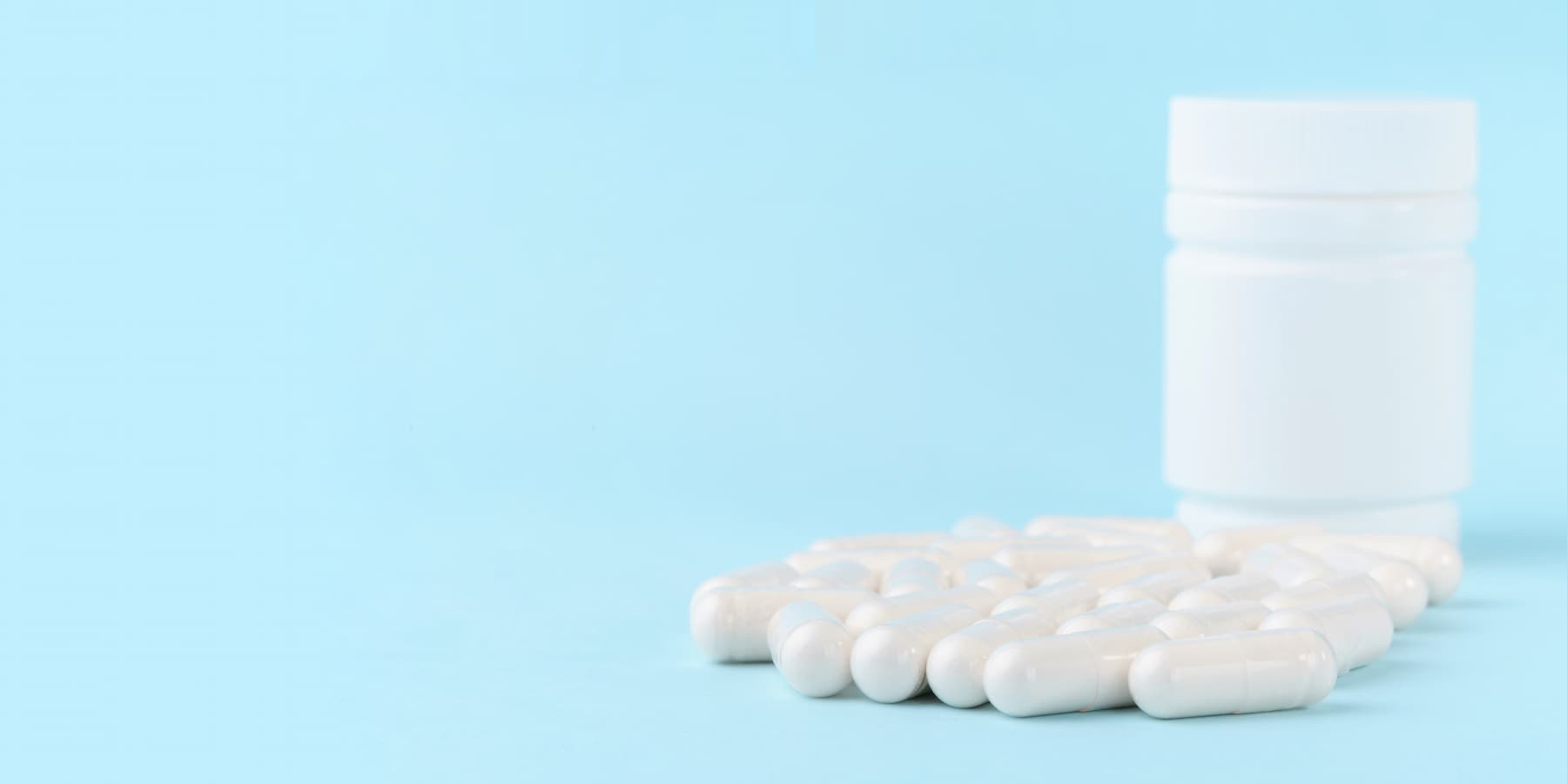
Chondroitin helps the joints and other elements of the body.
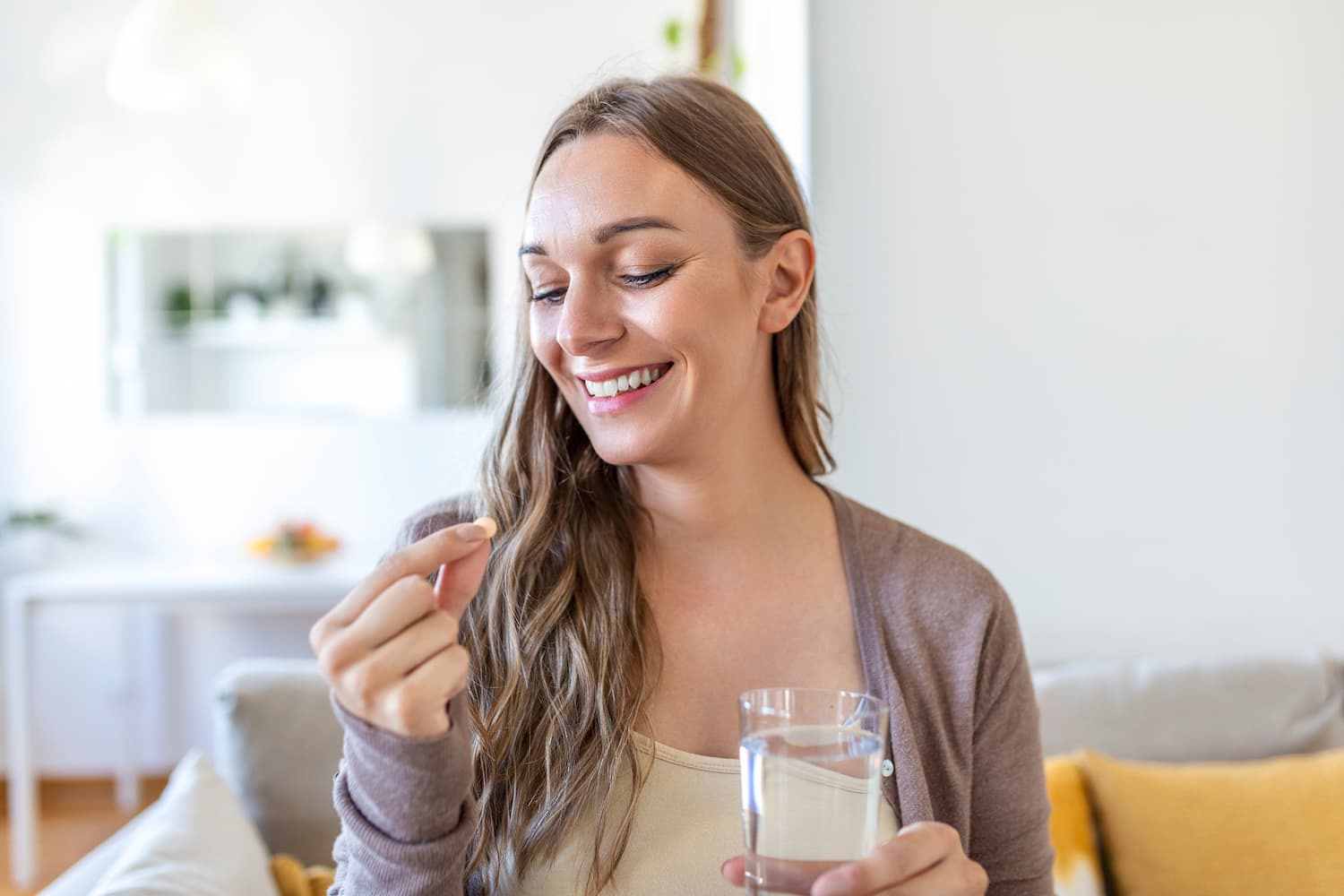
Glutathione is one of the most potent antioxidants for supporting the body's health. Find out how it works and where to get it from.
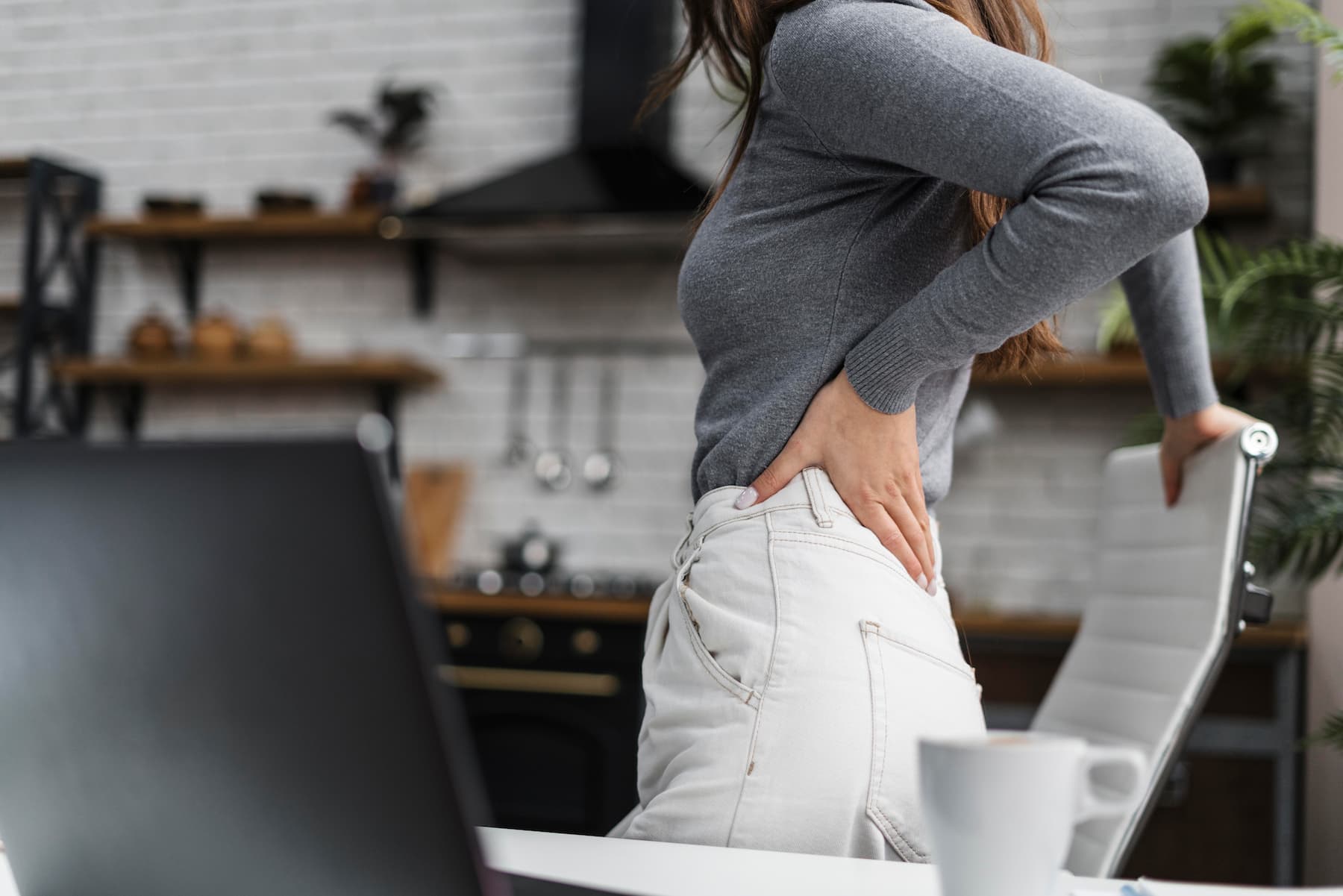
See why hip joints hurt and how to treat their ailments.
